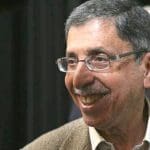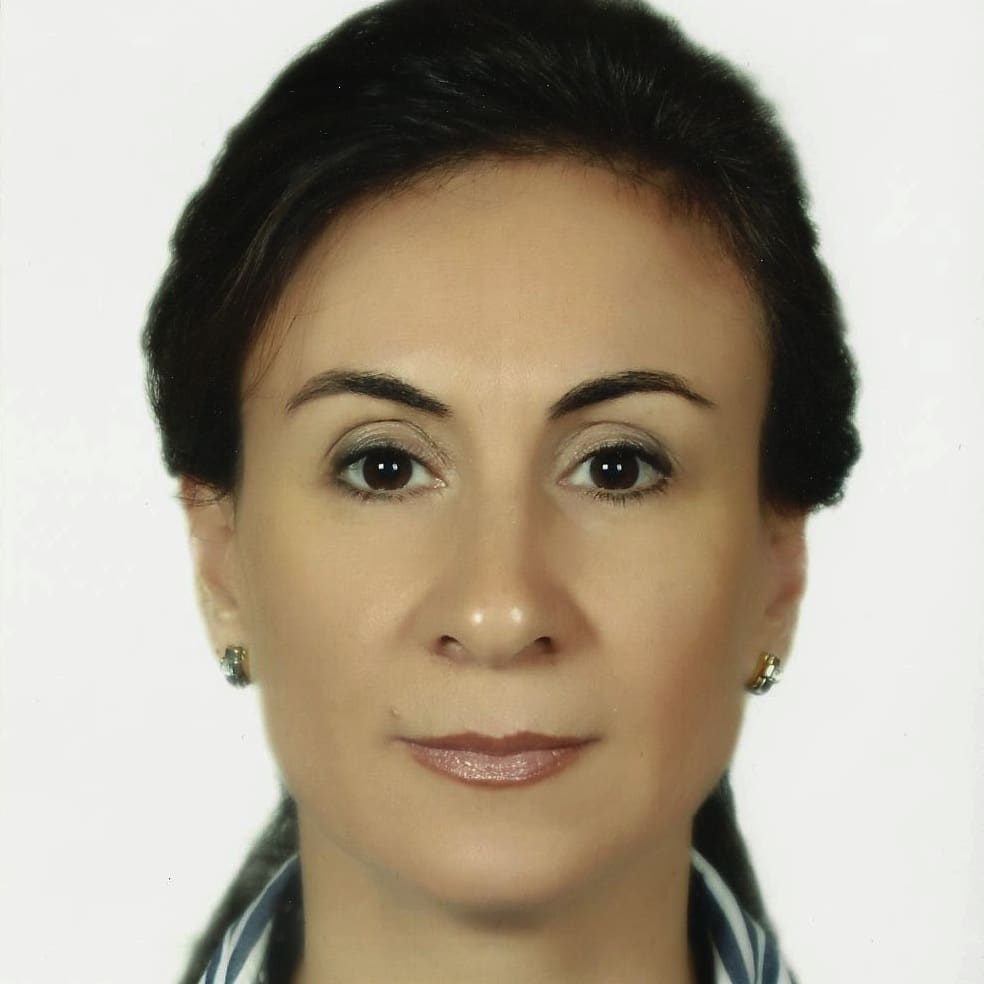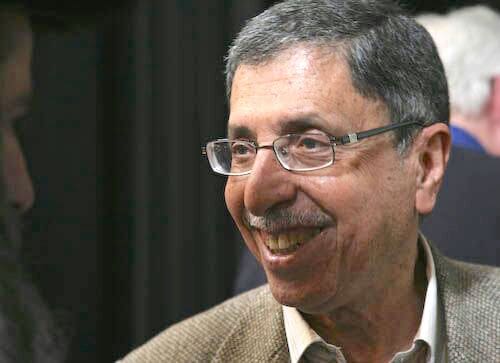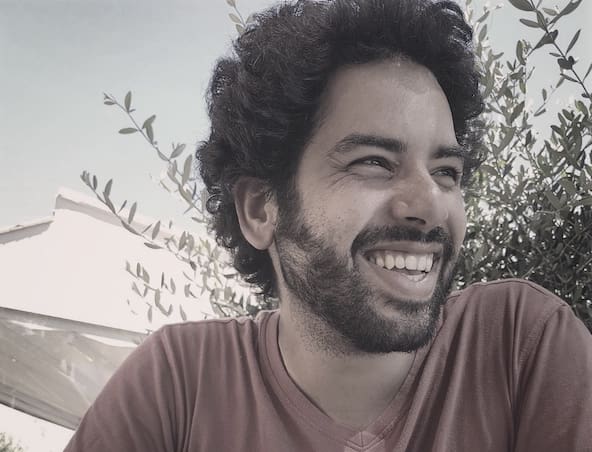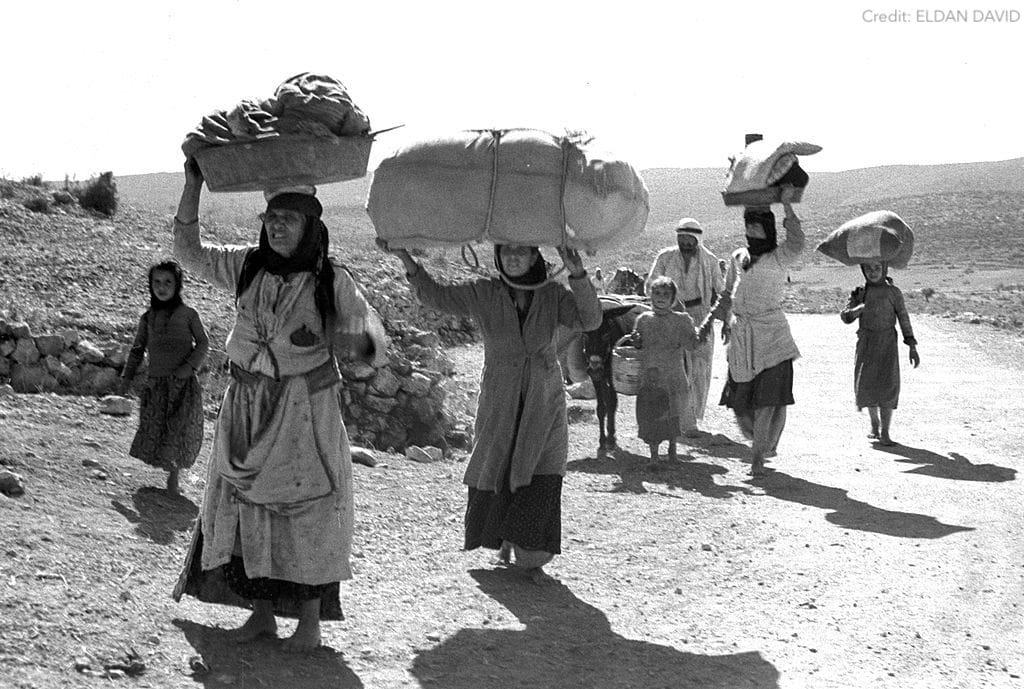
This collection of some of the most compelling pieces Al-Shabaka has published contextualizes and discusses the unique difficulties of Palestinian refugees displaced across the Middle East – from becoming refugees a second or third time due to the ongoing Syrian civil war to over-researching camps “famous” for tragedy while under-researching other refugee situations and exile communities.
Facing Double Discrimination
Palestinian Refugees from Syria: Stranded on the Margins of Law
By Mai Abu Moghli, Nael Bitarie, and Nell Gabiam
Al-Shabaka Policy Analysts Mai Abu Moghli, Nael Bitarie, and Nell Gabiam analyze the effects of the war in Syria on Palestinian refugees through a succinct, country by country analysis of the legal and social obstacles they face beyond those faced by other refugee communities, and identify immediate steps that local and international communities should take to address their safety and human rights. Read more…
Palestinians on the Road to Damascus
By Ahmad Diab
Ahmad Diab, in this Al-Shabaka Commentary, focuses on the fate of the besieged Palestinian refugee camp of Al-Yarmuk to illustrate the predicament of Palestinian refugees caught up in the Syrian Nakba. Never allowed to be fully Palestinian or fully Syrian, they are, like the rest of the Syrian people, forced to make harsh political choices to survive, their fate as murky as the fate of Syria itself. Read more…
The Price of Statelessness: Palestinian Refugees from Syria
By Rosemary Sayigh
In this Commentary, Rosemary Sayigh explores how the way neighboring Arab states differentiate between Syrian and Palestinian refugees mirrors a differentiation at the level of the United Nations. She notes, for instance, that while donations have flooded in for displaced Syrians fleeing the civil war, the donations needed to aid the Palestinian refugees of Syria are lacking due to intertwined levels of discrimination. Read more…
Unwelcome and Invisible
Unwelcome Guests: Palestinian Refugees in Lebanon
By Dalal Yassine
In this Policy Brief, Dalal Yassine examines the legal status of Palestinian refugees in Lebanon and argues that the country’s institutional racism not only deprives Palestinian refugees of their human rights but also serves to undermine the right of return. Read more…
The Invisible Community: Egypt’s Palestinians
By Oroub el-Abed
Oroub El-Abed examines the legal status of Palestinians in Egypt, including positive signs of change in the wake of the Egyptian revolution. Read more…
Trapped by Denial of Rights, Illusion of Statehood: The Case of the Palestinian Refugees in Lebanon
By Jaber Suleiman
Jaber Suleiman explores the bid by the Palestine Liberation Organization and Palestinian Authority to join the United Nations as a member state, complicating the already precarious status of Palestinian refugees in Lebanon. This Policy Brief addresses the way in which Palestinian refugees are facing the double-edged challenge of denial of their rights and the illusion of statehood. Read more…
The Mechanics of Dispossession
Decades of Displacing Palestinians: How Israel Does It
By Munir Nuseibah
Al-Shabaka Policy Analyst Munir Nuseibah identifies six of the methods Israel uses to displace Palestinians, and discusses two: displacement by personal status engineering, and by urban planning. He calls on human rights advocates and organizations to apply the more recently developed transitional justice approach to deal with the mass human rights violations carried out as a matter of policy. Read more…
Refugees: Israeli Apartheid’s Unseen Dimension
By Hazem Jamjoum
Hazem Jamjoum explains in this Commentary how the Israeli denial of the Palestinian right to return is a cornerstone of Israel’s colonial-apartheid project, and how there can never be a durable peace without the implementation of this right. Read more…
External Actors
Uneasy but Necessary: The UNRWA-Palestinian Relationship
By Randa Farah
Randa Farah’s Policy Brief explores the United Nations Relief and Works Agency-refugee relationship. Farah argues that UNRWA took on an exaggerated role that mirrored that of a welfare government-in-exile and that it is a unique organization, but neither static, homogenous, nor apolitical. Read more…
Bartering Palestine for Research
By Mayssun Succarie
This Commentary by Mayssun Succarie discusses “research tourism:” the practice of over-researching Palestinian camps with a higher tragedy profile (such as Shatila), as opposed to others that have still faced tragedy but aren’t as famous for it (such as Burj al-Barajneh, 15 minutes away from Shatila). Read more…













